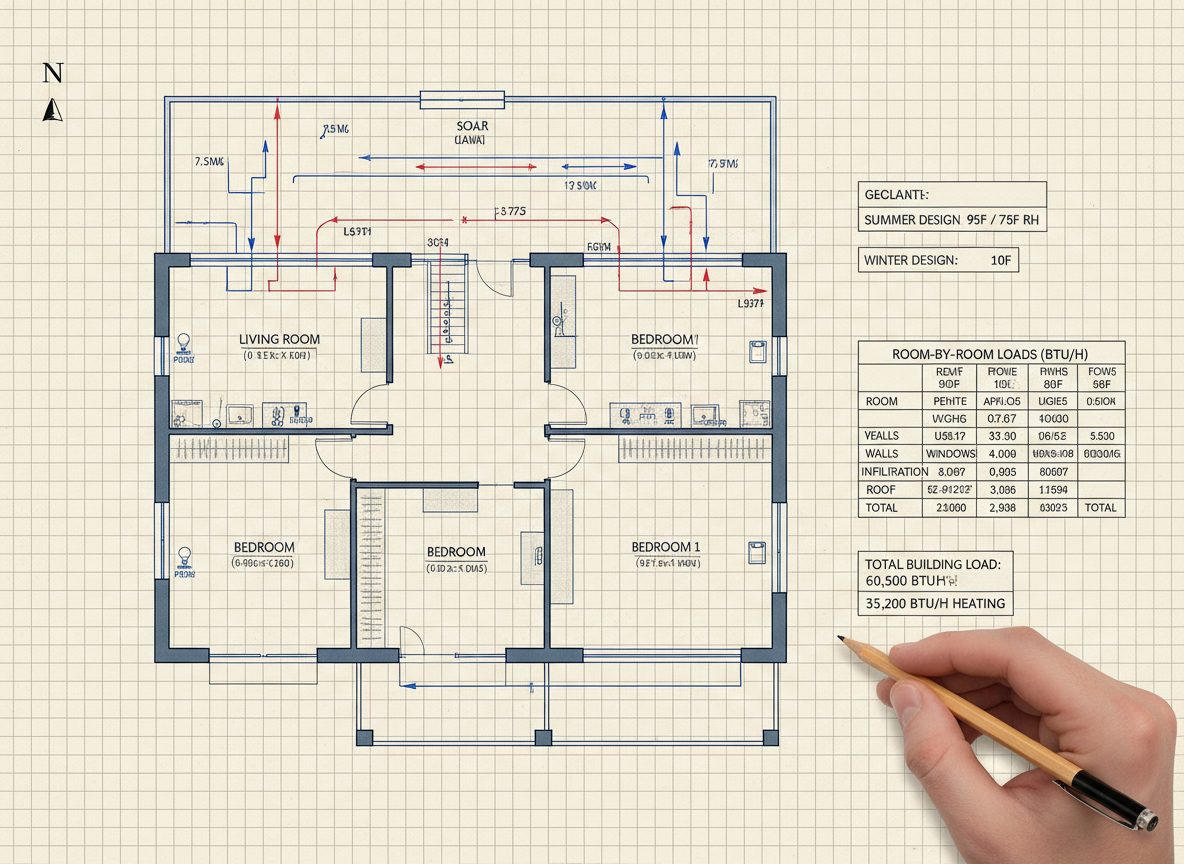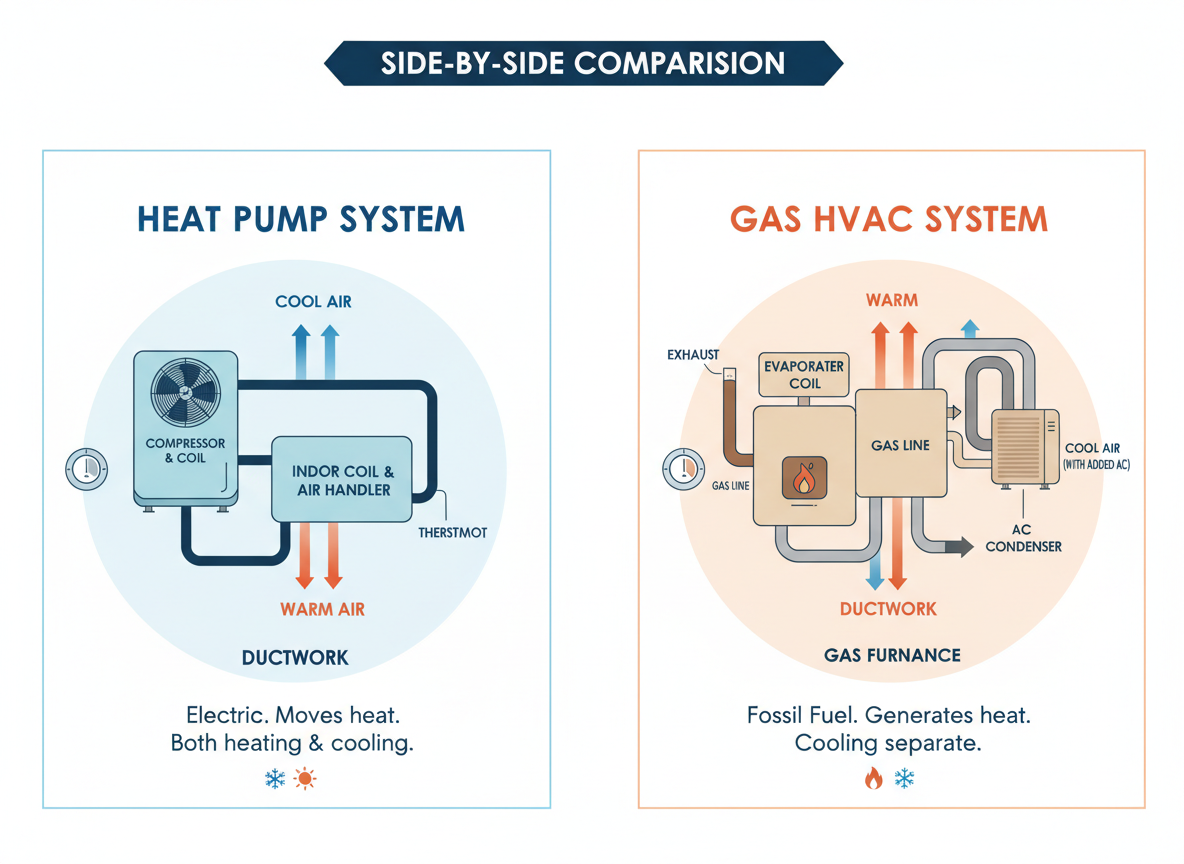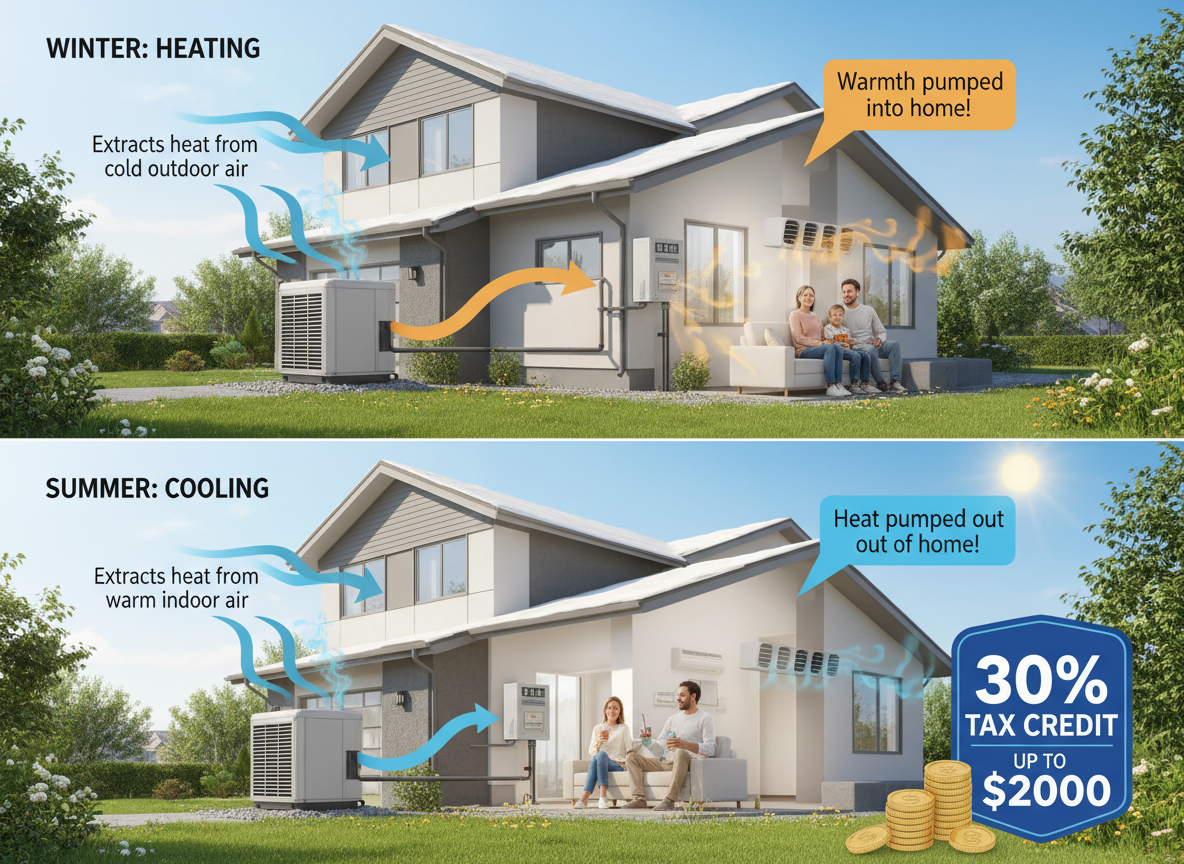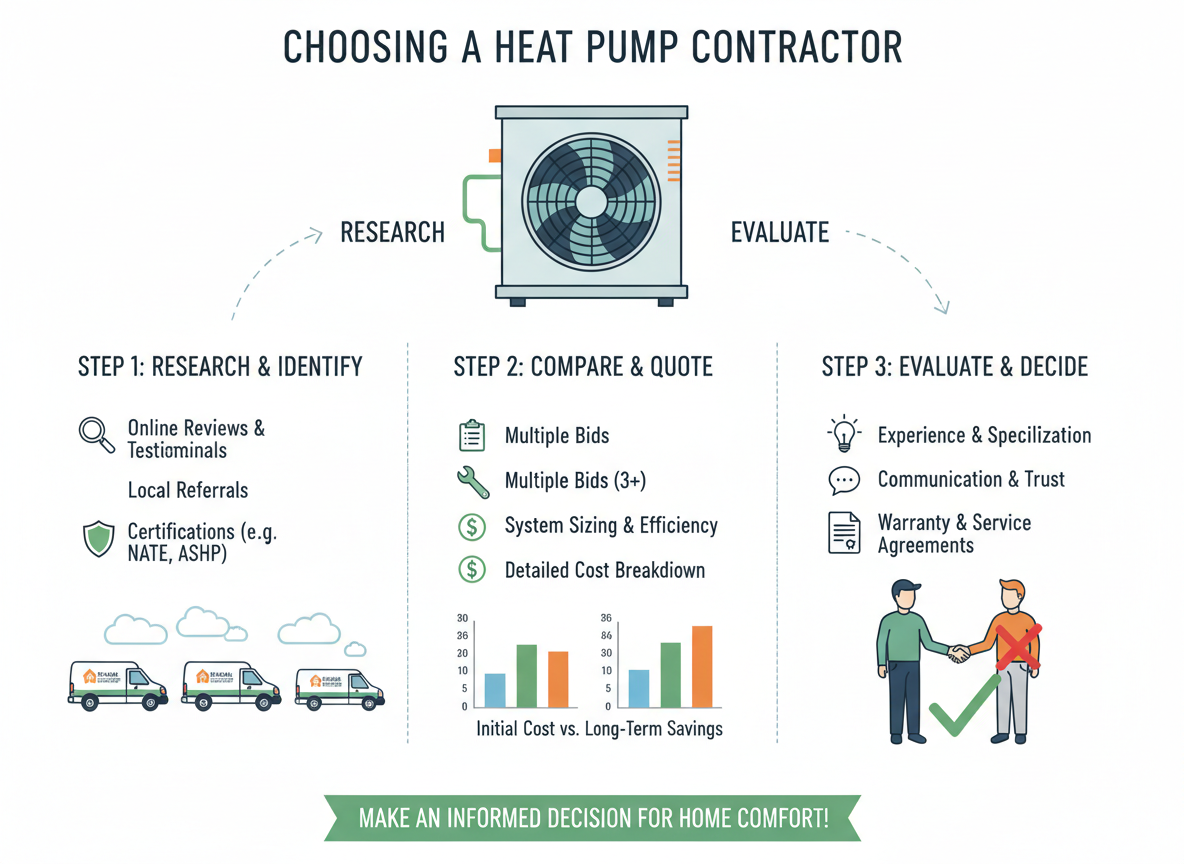
How Often Should You Service Your HVAC System?
It is a great first step towards responsible care of your home or business to have maintenance performed on your HVAC system. The big question is, how often should it be done to be effective? The goal of regular maintenance is to promote longevity for your system and prevent frequent needs for repairs. With that goal in mind, there is no cookie cutter answer for how frequent your system’s maintenance should be done.
More or less maintenance maybe required for various reasons. It is important to understand what the best frequency of visits for your system should be and follow recommended HVAC maintenance schedule.
Annual Maintenance (Once a Year)
Annual maintenance is the bare minimum of what should be done each year. Every HVAC system needs at least one maintenance visit per year. A good annual maintenance should address both the heating and cooling systems. The filter(s) should be replaced and all components of HVAC system tested, checked, and cleaned. It also important that the refrigerant levels are tested and drain line is cleaned during your annual visit, though some companies do not always offer these as a part of their maintenance.
Biannual Maintenance (Twice a Year)
Biannual Maintenance is the most recommended type of maintenance for most types of units. Having maintenance done twice a year ensures that filters remain fairly clean throughout the year and that all components are inspected and cleaned to prevent wear and tear.
The visits are usually divided up into one cooling maintenance in the spring to prepare your system for summer and one heating maintenance in the fall to prepare your system for winter. Biannual maintenance is usually the best option for both residential and some commercial type spaces.
Quarterly Maintenance (Four Times a Year)
Quarterly maintenance is an excessive number of times to have maintenance done in most cases. This type of maintenance is primarily used by businesses for their commercial units. Four visits per year is useful when your business is in a large building that has a high amount of traffic or if your business involves a lot of indoor pollutants (i.e. smoke shops, pet stores, salons etc).
Some businesses are also required by associations to keep a current quarterly commercial maintenance contract at all times. Though four times a year is quite extensive, it is beneficial in making sure businesses have a well-conditioned space for customers and your employees all year long.
The important thing to remember is that no matter how frequent your maintenance visits are, you should at least have one scheduled every year. Remember to also check your filter monthly and replace at minimum every three months. Maintenance, with a great HVAC contractor, goes a long way in helping your systems efficiency and life span.
In other words, maintenance ensures that you get your bang for your buck out of your HVAC system. If you have not scheduled your first maintenance visit of the year or you are unsure of how many times a year best suits your system, give LA Heating and Air a call today at 818-341-3406 or contact us online.
HVAC Maintenance Schedule Related Posts:






















.png)














